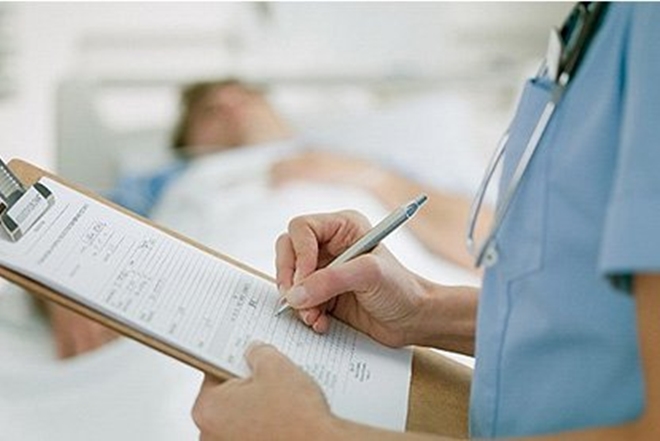
Give nurses, dentists lateral entry into MBBS; National Education Policy draft
 The draft National Education Policy 2019 recommends extensive changes in medical education. One of the radical suggestions is the proposal to allow lateral entry of nursing and dental graduates into the MBBS course with a common foundational one to the two-year course for doctors, dentists and nurses.
The draft National Education Policy 2019 recommends extensive changes in medical education. One of the radical suggestions is the proposal to allow lateral entry of nursing and dental graduates into the MBBS course with a common foundational one to the two-year course for doctors, dentists and nurses.
The other changes also include curbing the role of the various councils for medicine, nursing and dentistry to only setting professional standards and outsourcing inspection and accreditation work to “empanelled agencies”. The draft policy also reiterates the proposal to introduce the much-awaited common exit exam for all MBBS graduates.
The draft policy recommends that the first year or two years of the MBBS course should be designed as a common period for all science graduates, after which they can take up medicine (MBBS), dentistry (BDS), nursing or other specialisations. “Common foundational courses based on medical pluralism will be followed by core courses focused on specific systems, and electives that encourage bridging across systems. Graduates from other medical disciplines such as nursing, dental etc., will also be allowed lateral entry into the MBBS course,” states the draft policy.
But according to the officials, the lateral entry doesn’t mean exemption from entrance exams. The details are yet to be worked out, but lateral entry would not be allowed to become a free pass for entry into MBBS. So, nursing and dentistry students, for example, would have to take NEET if they wanted lateral entry, but after that, they would only have to complete the remaining years of the course. If a nursing candidate were to seek lateral entry after two years, he or she would first have to clear NEET and then do the remaining three years (if the tenure of the MBBS course is five years).
Regarding the fees and scholarships the policy states; “in line with the spirit of providing autonomy to educational institutions…, fees for professional education courses will be left to the management of educational institutions, both public and private.” Institutions would have to fulfil their social obligations and provide scholarships to students from the socially and economically weaker sections of society. Yet, it also sets the goal of improving “access to healthcare education for rural students, and lowering the cost of education”.
“The exit examination will be administered at the end of the fourth year of the MBBS so that students are relieved of the burden of studying for a separate, competitive entrance examination at the end of their residency period. With the entrance examination out of the way, they can spend their residency period acquiring valuable skills and competence,” states the draft adding that similar common exit examinations could be conducted for dental education and other disciplines too.
The draft also states that “All institutions offering professional education will also be mandatorily accredited once every five years, by accreditation agencies empanelled by National Assessment and Accreditation Council (NAAC) in consultation with the professional councils. Independent accreditation agencies with the necessary mandate to accredit all professional streams of education will be empanelled.”
Citing a tremendous shortage of professionals in the health sector, the draft policy suggests setting up a separate committee to work out a detailed transformation plan for the sector.
Source: Economic Times Health world, Medical Dialogues